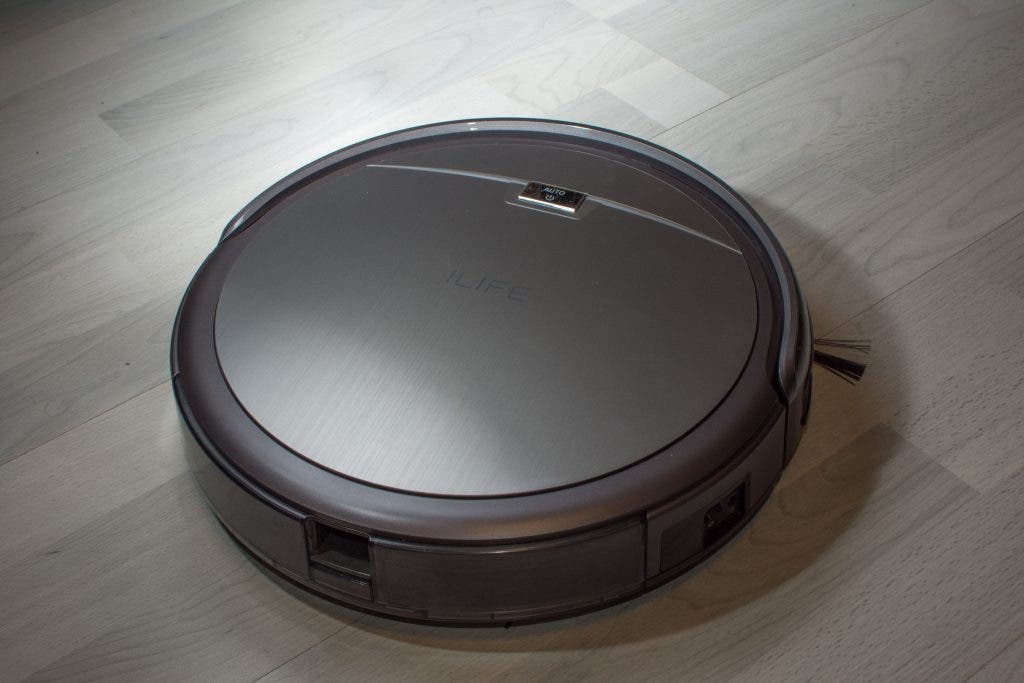Ground beetles have robust mandibles that allow them to be effective predators, playing a crucial role in the biological management of pests on agricultural land. However, not all of them are adapting to climate change, a new study suggests, which could have significant implications for agriculture, forestry, and conservation.

The term ground beetle refers to a group of insects belonging to the Carabidae family of the Coleoptera order. These insects, also referred to as carabids, form one of the largest insect families, with around 40,000 species distributed globally, including over 2,000 in the United States. They vary in color and size depending on the species.
The majority of ground beetles are generalist predators, capable of feeding on a diverse range of pests such as aphids, beetle larvae, moth larvae, and mites. Meanwhile, a small number of carabid species are specialists and feed exclusively on snails, using specialized mouthparts. This makes them important for pest control in agriculture.
“We know that climate change influences everything from coral reefs in the ocean to trees on land, but there’s less information available on how it affects insects,” Tong Qiu, study author, said in a statement. “Ground beetles are everywhere — in your backyard, in your garden. They eat the pests and weed seeds that damage crops.“
Beetles and climate change
Qiu and his team conceived the project based on two studies that found contrasting conclusions about insect population trends. Both evaluated existing literature to identify patterns in insect populations over the last century, with one study indicating a decline in terrestrial insect populations and the other finding no change.
They were intrigued by the idea of studying the insect population as a “community” of species, while accounting for their distinct characteristics, by analyzing raw data gathered across the continent. They studied 136 ground beetle species found in habitats across the US, categorizing the species by traits such as habitat and weight.

After collecting data on species and habitats, the scientists used a statistical model to investigate the impact of greenhouse gas emissions on ground beetles. They found less mobile beetle species without the ability to fly may experience a decline over time. Their findings were published in the journal Global Ecology and Biogeography.
“We found that nonflying carnivores, which are critical pest control agents, are more likely to decline over time in a warmer, dryer climate,” said Qiu in a statement, who is also an assistant professor of multifunctional landscapes at Penn State. “If you have fewer carnivores, you’ll have more of the pests that can impact agriculture.”
But there’s still reason for hope. The study found that habitat conservation can reduce the effects and even reverse the trends in some areas. Gaps in forest canopies, for example, benefit species that require open ground to pursue prey. Varied plant densities on the forest floor can generate microclimates that alleviate the impact of a warmer climate.
The researchers called for conservation biologists to use the information in their study to better manage habitats for insects in general. Alongside the study, they also created an interactive map that shows the abundance of each beetle species under different climate scenarios, a resource they believe will be valuable to create conservation strategies.



